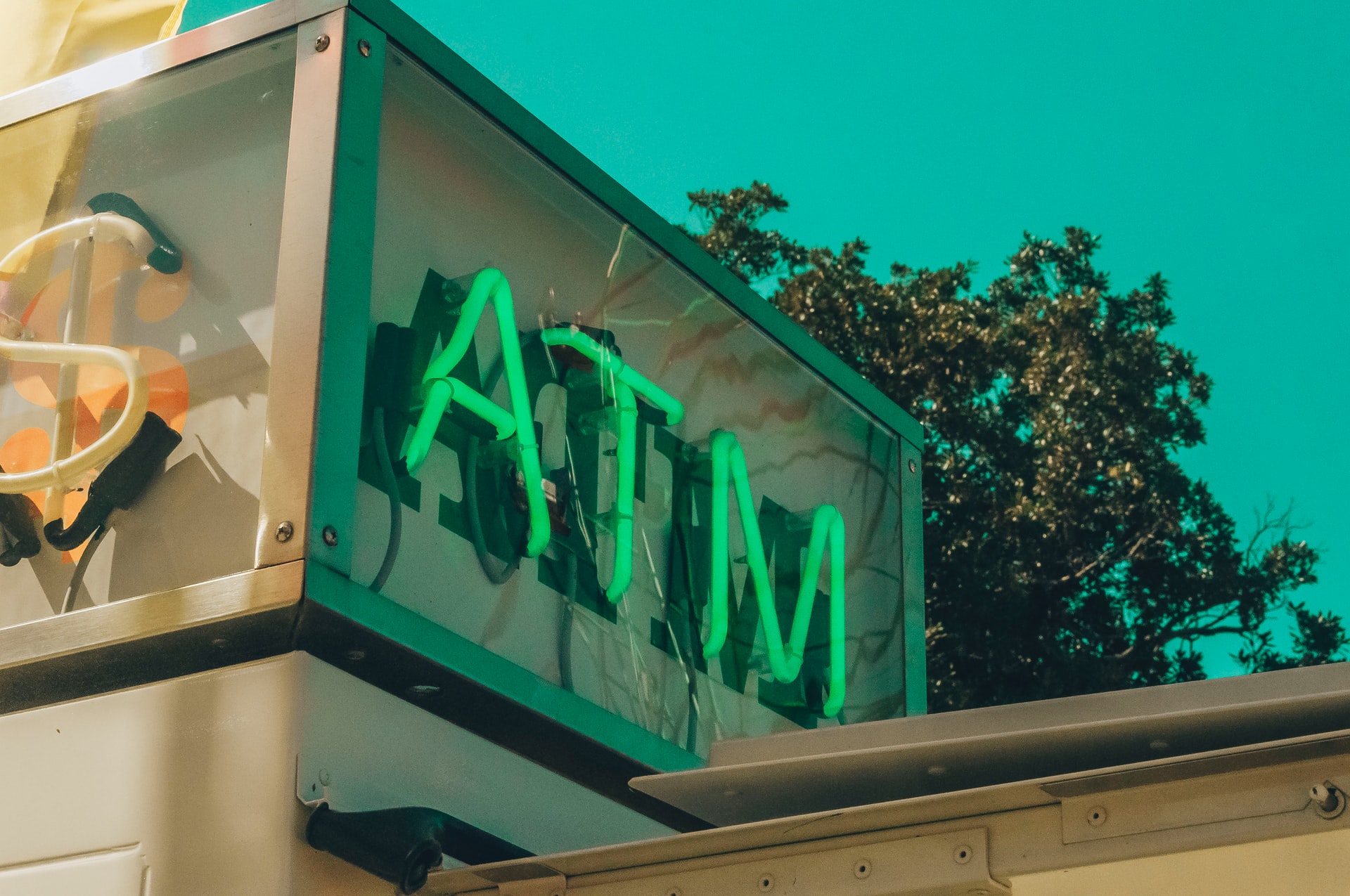Bank accounts let you store money, and debit cards simplify purchases by letting you spend against your balance. Debit cards are useful and convenient, but if you have too many scheduled payments and not enough funds, you may end up with overdraft fees. You will incur an overdraft fee each time your total transactions exceed your checking account balance. Your account balance will become negative, and the fees can get worse if you don’t quickly deposit new funds into your account.
This situation isn’t all that uncommon. Fortunately, bank account holders can implement several strategies to avoid overdraft fees. These tips will reduce the likelihood of having to fork over extra funds to your bank or credit union.
What Are Overdraft Fees?
Financial institutions charge overdraft fees when you spend more than you have available in your checking account. Your bank or credit union covers the purchase or payment and charges you an additional fee. Some banks show no mercy with overdraft fees and charge the fee the moment you overdraw by a single penny. Other financial platforms like Current are far more accommodative. Current lets you overdraw by up to $200 before charging an overdraft fee. This protection gives you a more generous buffer before overdraft fees get incurred.
How Do Overdraft Fees Work?
Overdraft fees are generally assessed for each transaction. To illustrate, assume you have $200 in your checking account. You schedule a utility payment for $150 and spend $75 to treat your family to a nice dinner. Unfortunately, you only have enough money to cover one of those expenses. The second transaction will exceed your available funds and trigger an overdraft fee. Here’s how your bank account would be impacted if the bank charges $36 for each overdraft fee:
- $200 – $150 (utility payment) – $75 (family dinner) = -$25 (account balance after transactions are posted) – $36 (overdraft fee for family dinner) = -$61 (the amount that must be deposited right away to avoid additional overdraft fees)
It’s important to note that any transaction against a negative balance will result in an additional overdraft fee at certain banks. For example, if you buy a $5 snack at the grocery store while having a negative balance, you will owe an additional $36 to the bank, bringing your balance to -$102 ($5 snack + $36 overdraft = $41; the snack that normally cost $5 takes $41 out of your account). This example demonstrates how quickly overdraft fee costs can add up and the importance of paying your negative balance quickly.
Automatic payments can further complicate matters and trigger additional charges each time an overdraft occurs. You can also do banking with a company that has a more lenient grace period for overdraft fees. Some online banks even pay high enough interest that can have a meaningful impact on your savings. You can score up to a 4% bonus with Current and have more money to protect yourself from overdraft fees.
Overdraft Fees vs. Non-sufficient Funds (NSF) Fees
Overdraft fees and NSF fees both penalize you for spending more money than you have, but these fees apply in different scenarios. Banks and credit unions cover some purchases that make your account balance negative. They will then tack an overdraft fee on your account and add fees each time you make an additional debit card transaction or transfer that overdraws your balance.
Some financial institutions return items instead of paying for them. You will receive an NSF fee for these transactions and not receive the goods or services you tried to purchase. You would owe the financial institution and the intended recipient of the funds. Both fees are avoidable if you build up a financial buffer that acts as reliable overdraft coverage. Customers can also do banking with an institution that has generous policies and safeguards for overdraft and NSF fees.
What Happens If You Don’t Pay Overdrafts?
When you get charged a fee, you should pay it off as soon as possible or contact your bank if you believe there was a mistake. Ignoring overdraft fees is the worst approach, and this choice can result in severe consequences. The bank could close your account and notate the closure in your banking history, making it very challenging to get new accounts elsewhere. Many lenders look at previous bank statements when reviewing your application, and not producing these documents can put you at a disadvantage. You will also need a way to store money, and without a bank, it becomes more difficult.
Even worse, the unpaid balance could be turned over to a collection agency and tank your credit score. A lower credit score makes it more difficult to get mortgages, and you will end up with a higher interest rate on your loans. Low-credit consumers also have a steeper barrier for tenant applications and can face higher utility bills.
What Can You Do To Avoid Overdraft Fees?
Nervous about incurring overdraft fees and finding which bank account to cover? The best way around overdraft fees is by applying prevention tactics like the ones below:
Cover The Negative Balance Quickly
Some purchases and payments remain pending for a day or two before posting to your account. If you’re able to deposit an amount that exceeds the negative balance, you may be able to avoid overdraft fees. Some banks let you make mobile check deposits. You can take a picture of your endorsed check and immediately have access to the extra funds. You won’t have to drive to the bank and can transfer funds to your account within minutes of receiving your paycheck. This quicker process can give your account the funds it needs to avoid an overdraft fee.
Track Your Spending
Tracking your spending can help you stay in the loop with pending transactions. Reviewing your account balance and transactions each day will put you in a better position to slow down before overdraft fees accrue on your bank account. You should also monitor scheduled purchases and subscriptions that automatically chip away at your checking account.
You can also analyze your spending to discover ways to save money. Getting rid of unused subscriptions and finding other ways to trim your expenses will keep more money in your checking account and shield you from overdrafts. Tracking your spending can also help you make investments that grow your wealth in the long run.
Keep Sufficient Funds
Ideally, it would be best to have a spending plan that accounts for deposits and expenditures. Then, if you stick to the plan and make additional deposits as needed to cover added expenses, you’ll avoid overdraft fees. It’s best to have more than you need. Setting savings goals along the way gives you something to work for and keeps your finances in focus.
Opt-Out of Automatic Overdrafts and Overdraft Protection
Some banks have features that protect consumers and monitor their spending, but it makes sense to turn off other features. If you opt-out of overdraft protection, any purchases that exceed your available balance will automatically be declined. This also prevents you from incurring overdraft fees.
Link To a Savings Account or Credit Card
Depending on your financial institution, you may have the option to link your savings account or credit card to your checking account as a backup funding source. You could be assessed a fee for this service, but it’s generally lower to use a linked account than endure standard overdraft fees.
Sign Up for Bank Alerts
You can set transaction limits and opt-in for real-time alerts each time a purchase or payment is made using your checking account. These alerts make you less reliant on remembering to monitor your finances. Bank alerts will make finances a more central part of your life and can help you avoid overdraft fees.
Switch To an Account That Doesn’t Charge Overdraft Fees
Overdraft fees are never any fun and can ding your wallet. The good news is that you can open an online account with Current, an innovative financial technology company, to avoid overdraft fees.
Current offers banking services through Choice Financial Group, Member FDIC. When you open a Premium Account, you’ll enjoy early payroll deposits, generous cash-back rewards and returns on your money, overdraft protection (limited to $200 on select accounts) with no overdraft fees, and so much more.
Visit Current’s website to sign up and get started with the mobile app to open an account and upgrade your online banking experience. It’s available on Google Play and the App Store.







